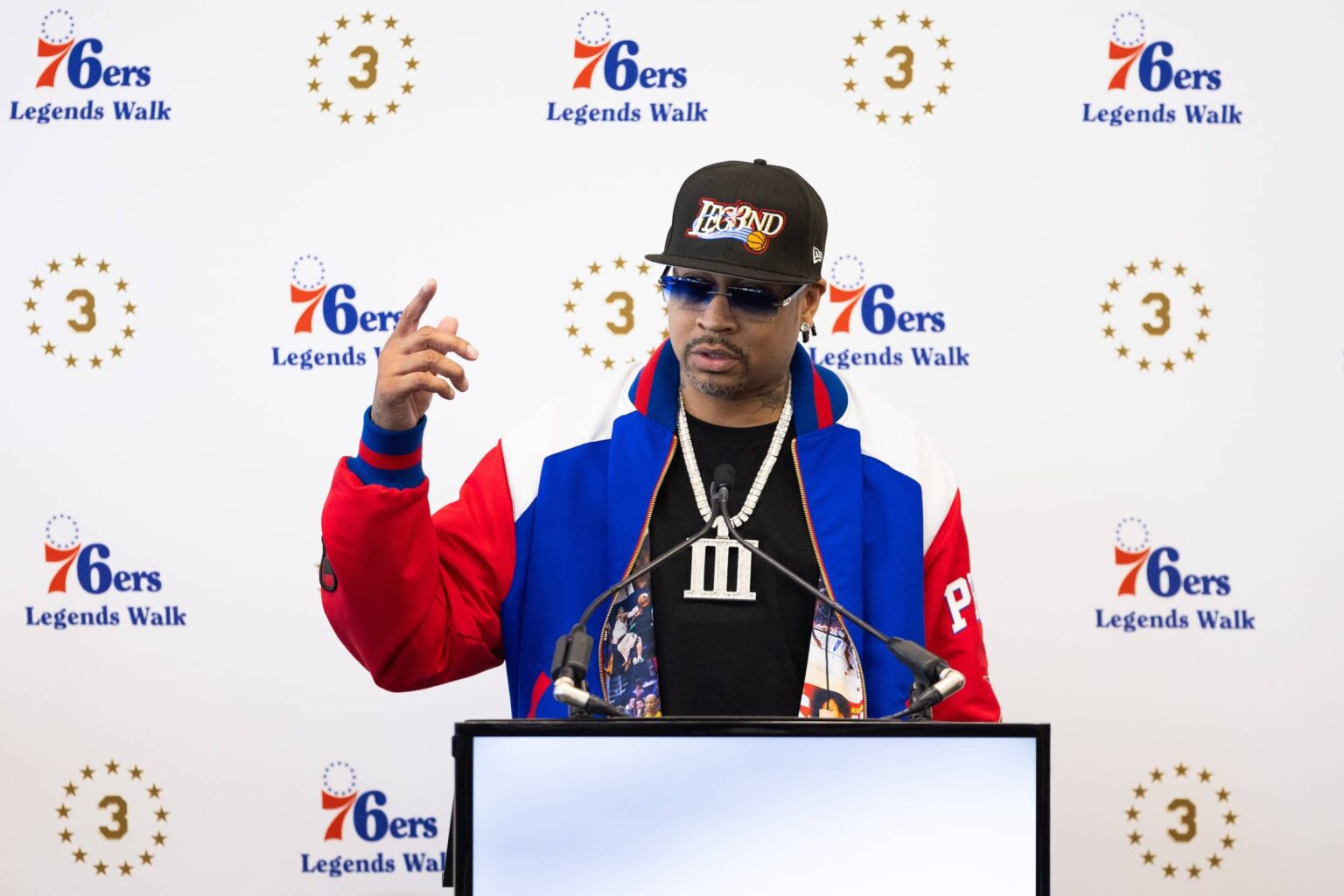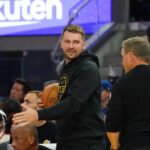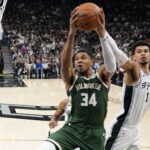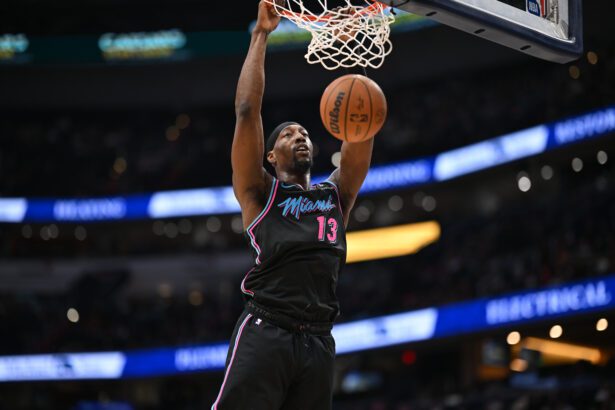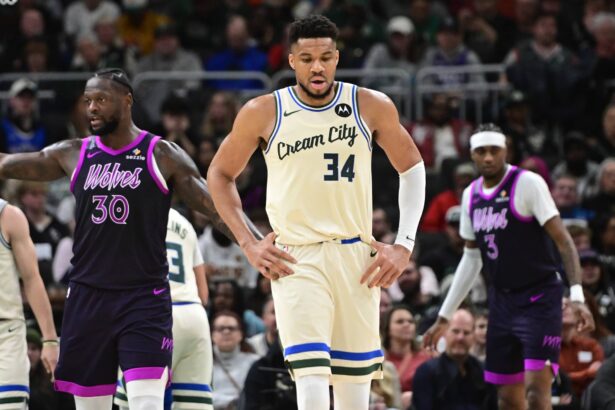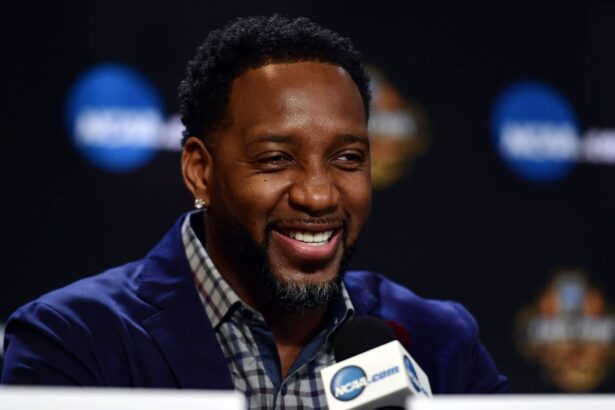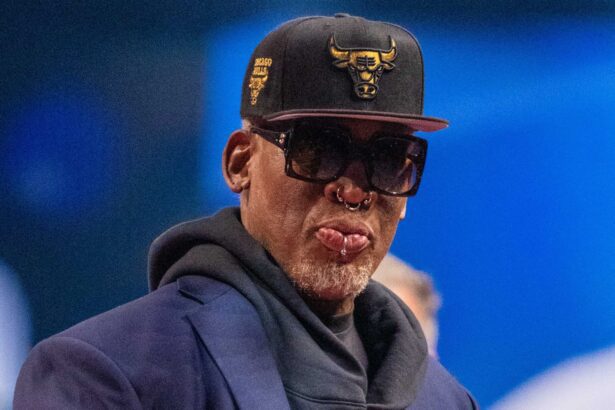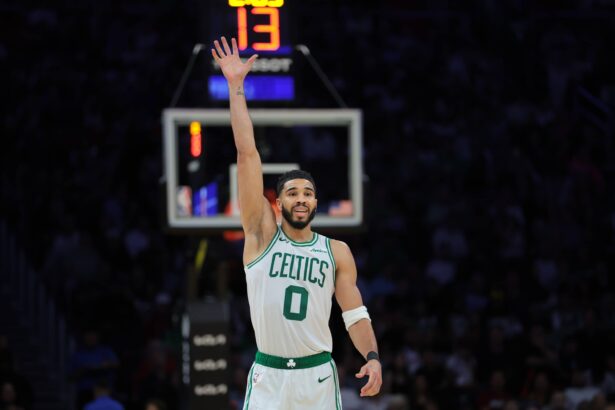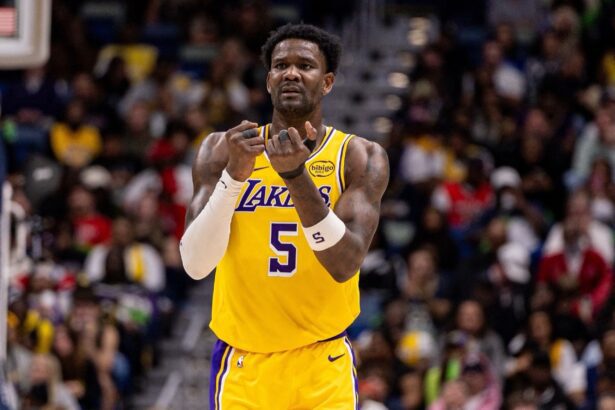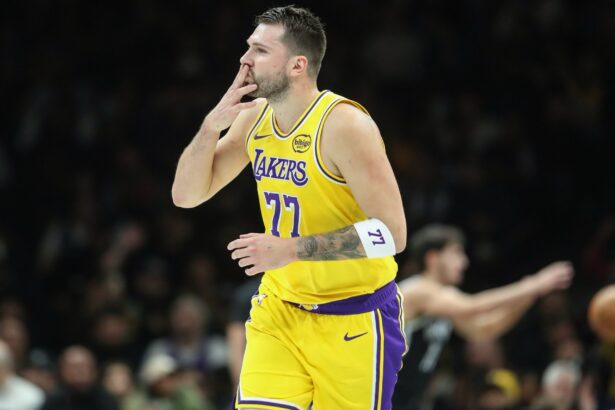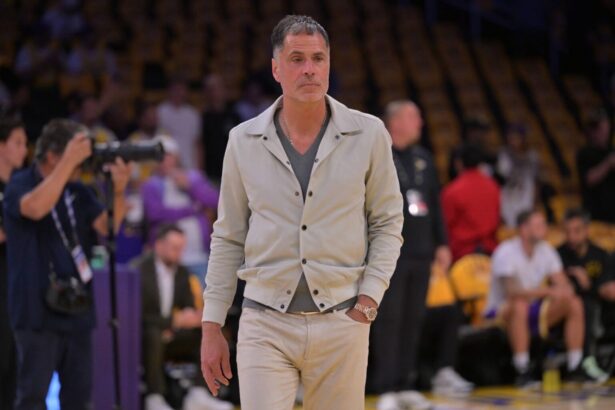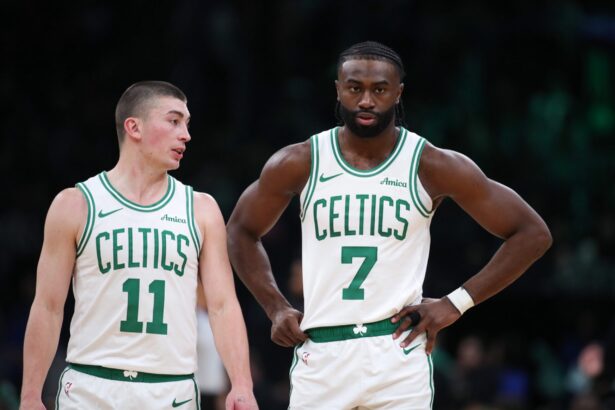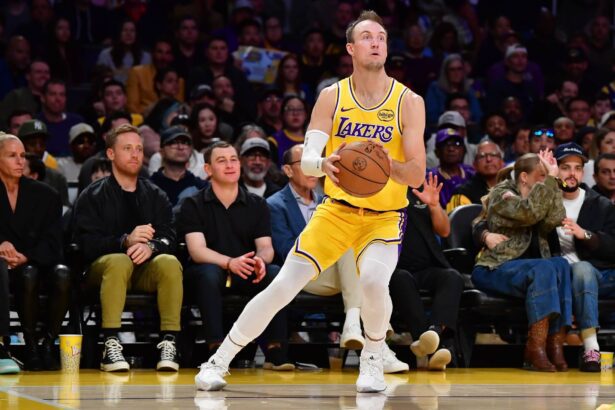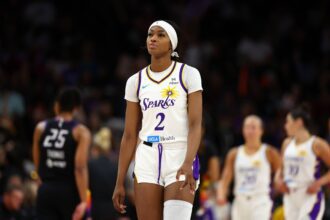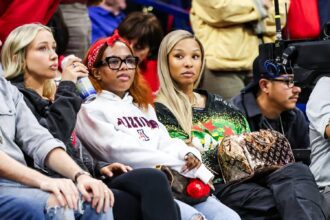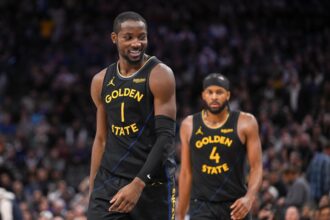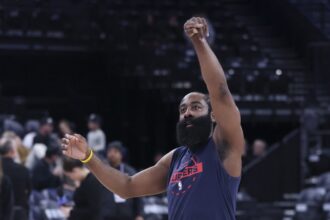Allen Iverson, the NBA legend, recently went on a press tour to promote his upcoming memoir, ‘Misunderstood,’ in which he mainly addresses all the things that people perceived they knew about him, which were not true at all. During an interview with CBS Mornings, Iverson spoke about his recent decision to quit drinking alcohol, calling it his biggest accomplishment off the court.
“One of my best decisions I ever made in my life was to stop drinking… It’s been six months now,” said the 76ers legend with pride.
“Better than I did when I was doing it. When you get drunk, you’re not how you usually are. The more I see it on other people, the more it makes me happy about the decision. And the more I see how the people around me appreciate it, I love it,” he added when asked how he felt about this decision.
The reporter Maurice DuBois further added that Iverson’s ex-wife, who has been with him for 35 years, despite a divorce in 2013, was very delighted to see him take this step as well.
“She’s happy he dropped the drinking because that was a big aspect of his life,” said DuBois at the end of the segment. “Divorce did not agree with him,” Gayle King further added.
It has been 12 years since Iverson and his wife, Tawanna Turner, got divorced, but the couple has stayed together on and off since 1990. Before revealing the decision he is most proud of, Iverson spoke about why he wrote the memoir in the first place and named it ‘Misunderstood.’
“With this book, you’re hearing it from the horse’s mouth. Misunderstood comes from ‘you think you know, but you have no idea, ‘” said Iverson. Iverson went on to talk about his cultural influence on the league and his opinion on college players earning six-figure checks in Name, Image, and Likeness (NIL) deals.
Allen Iverson On NIL Deals Allowing College Players To Earn Six Figures
While his own dressing style got him the glory as well as the controversy, Iverson is happy that college players now have a chance to get out of poverty situations early and become cultural figures for their communities. Now players can sign deals with big brands and have six or seven-figure endorsement deals even before getting drafted to the NBA or WNBA.
“I was the guy who went to the refrigerator, and it was baking soda and some water and roaches everywhere. And like I’ve been that guy. When they say, ‘Don’t you think they’re getting paid too much? [I say] They’re not getting paid enough,’” said Iverson.
Iverson used his book to explain how he himself came out of poverty, got convicted of a felony, spent three months in prison, and still found a lifeline through basketball, in college, and then in the NBA. His journey is an inspiration to many athletes in the league today, and I am looking forward to reading more about it in his book.

